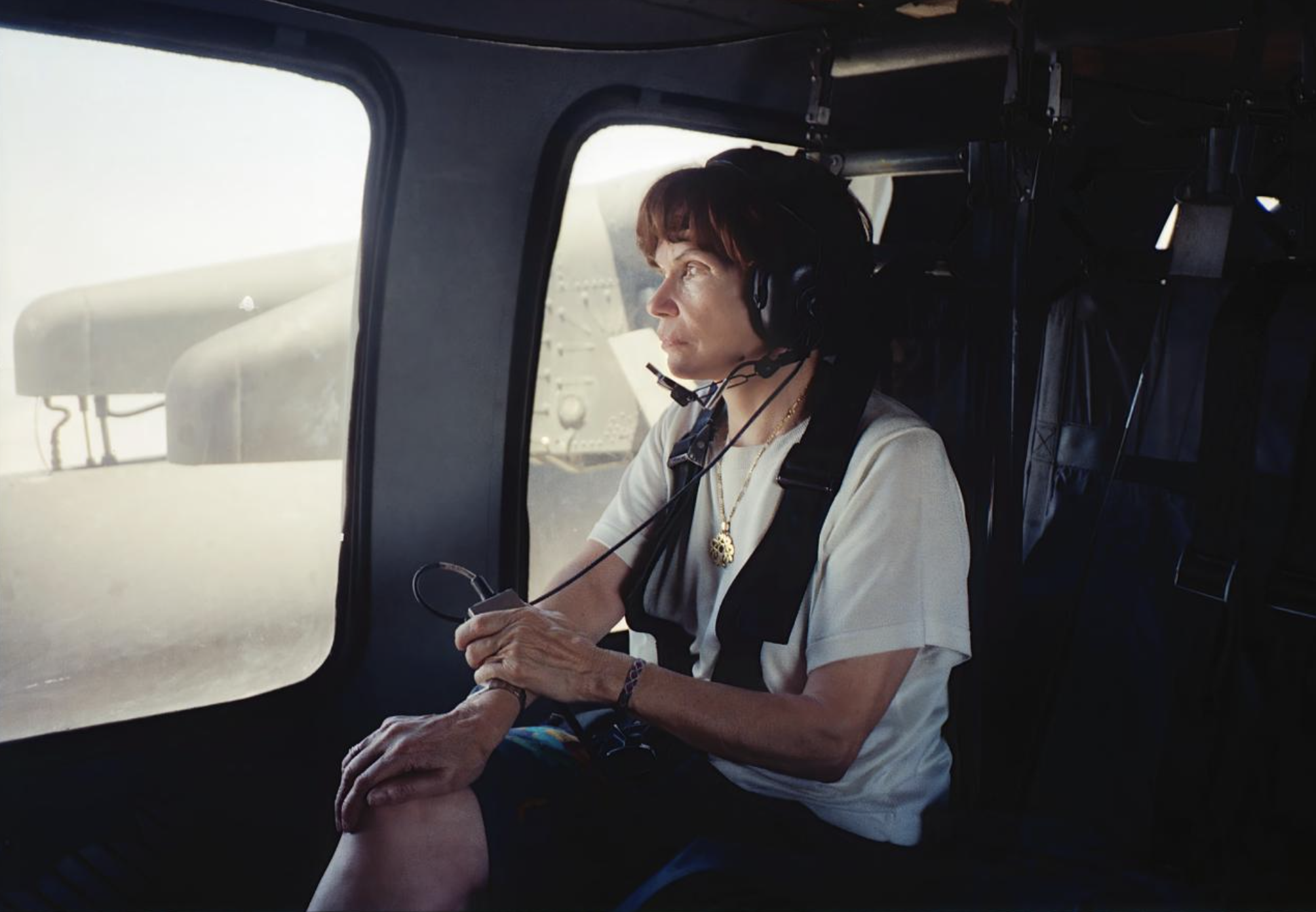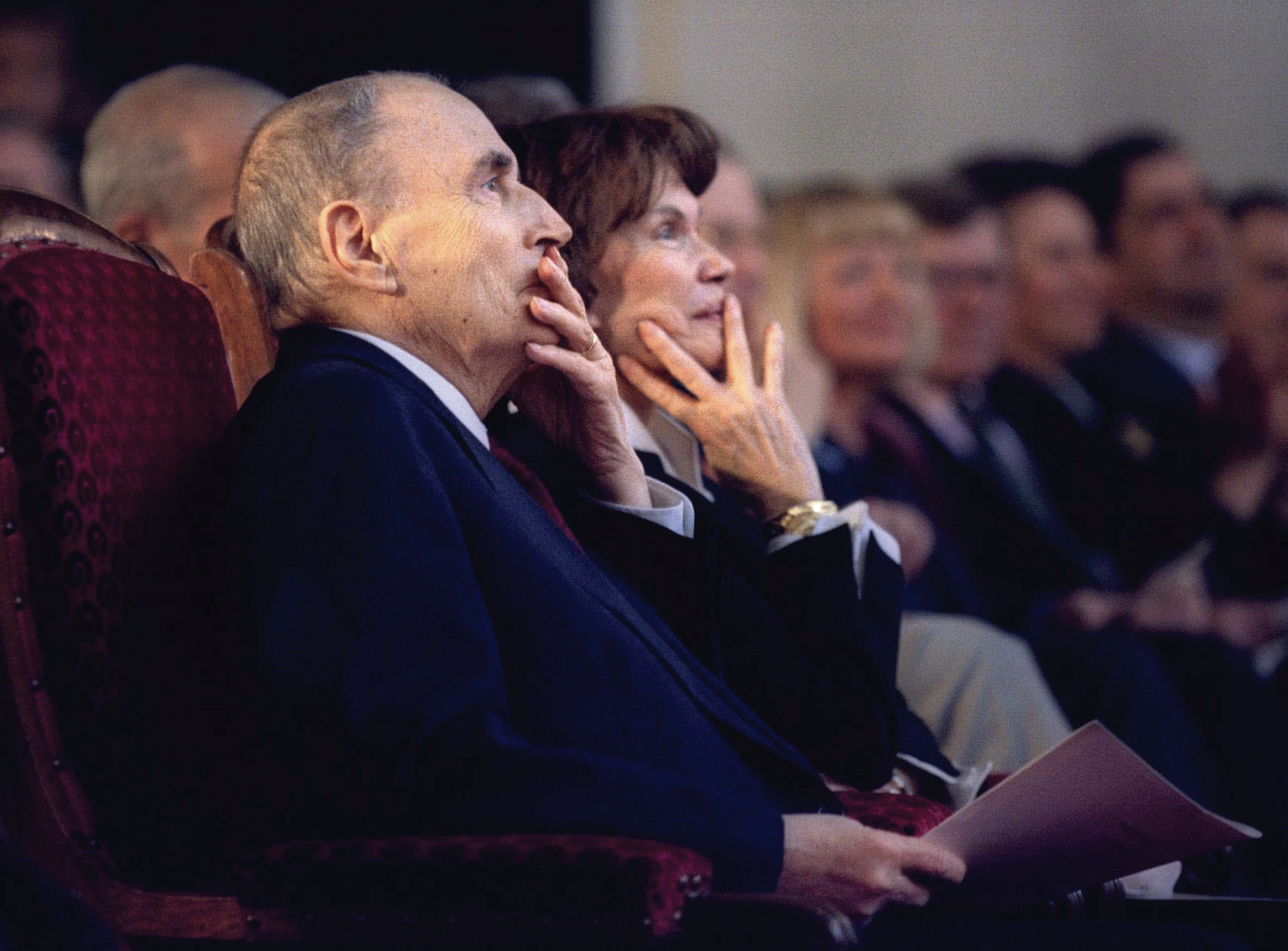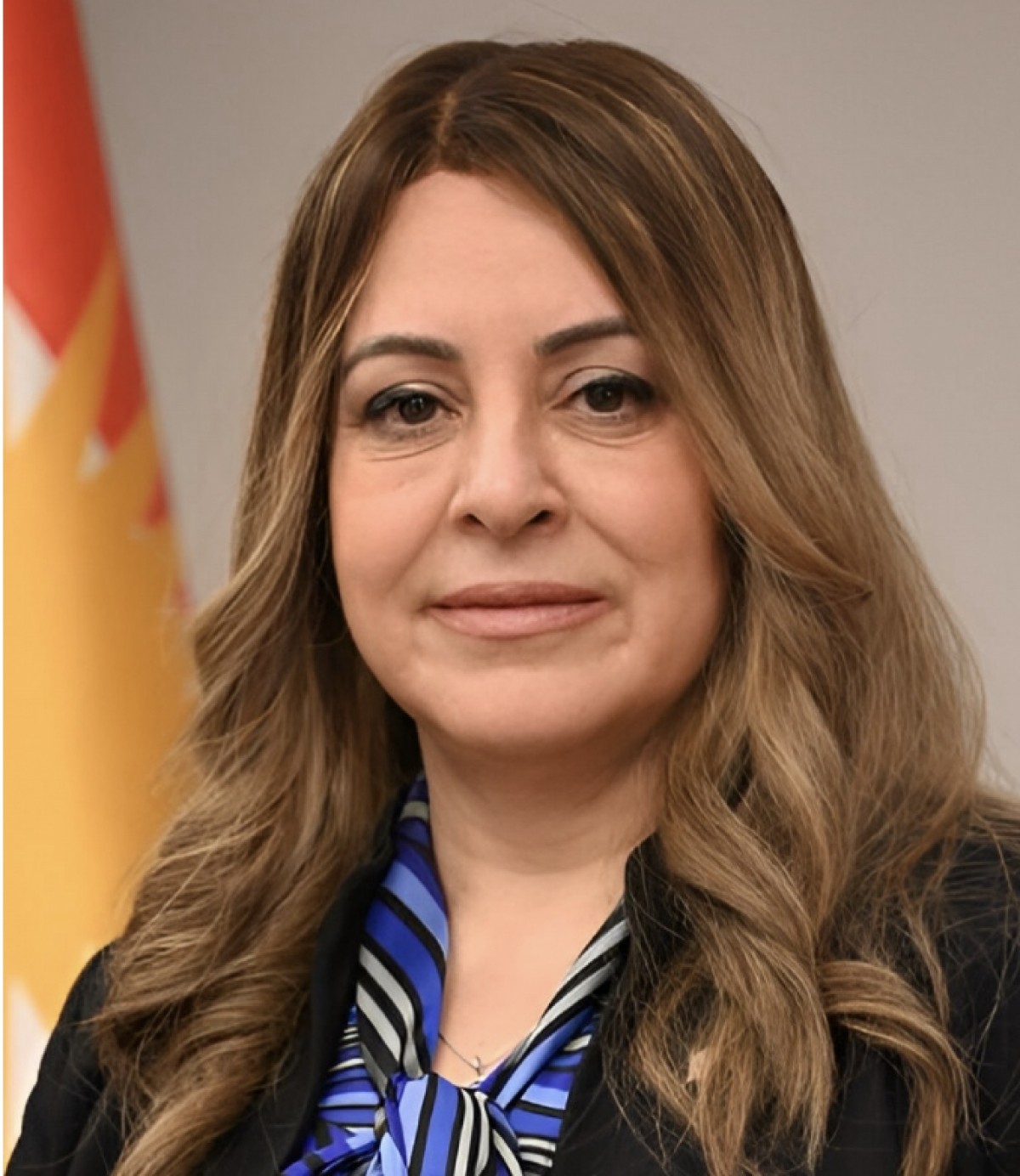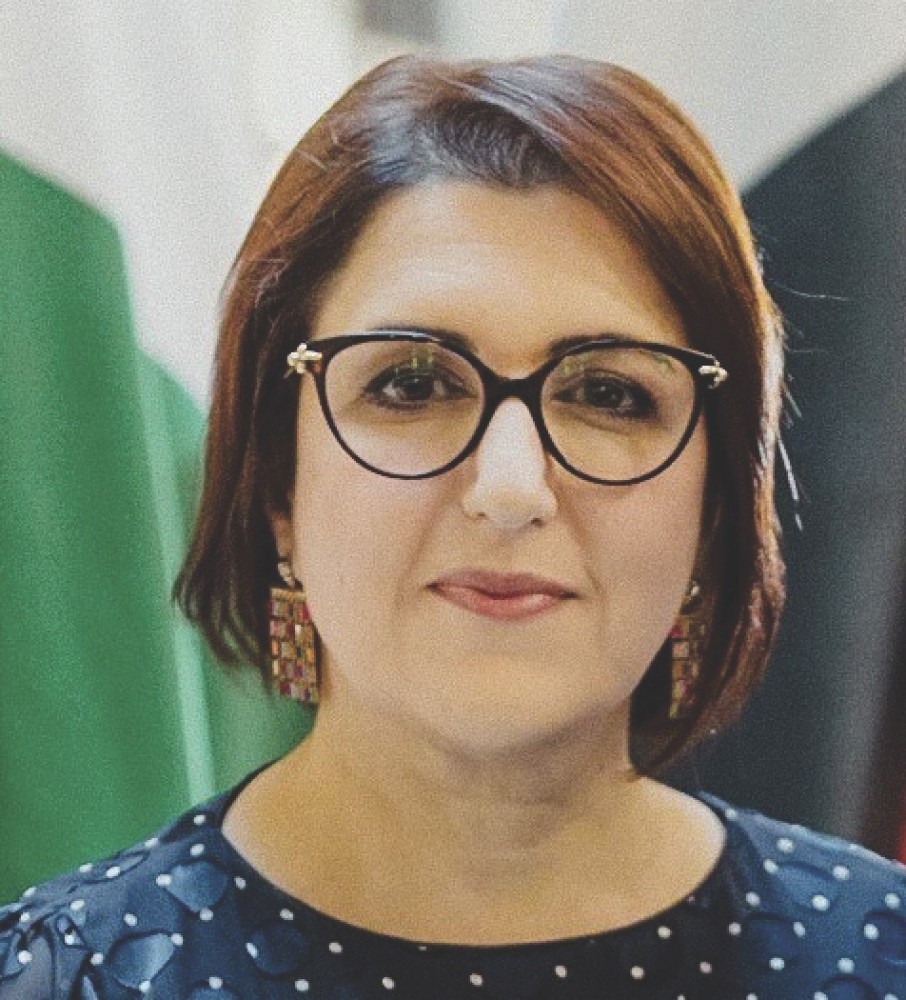This is Nazand Begikhani's tribute, read at Madame Danielle Mitterrand's centenary in Erbil on November 12, 2024, honors her lifelong dedication to Kurdish rights and human rights advocacy. Madame Mitterrand supported Kurdish struggle, Kurdish refugees, organized international conferences, and worked against honor-based violence. She championed unity, education, and diplomacy, urging Kurds to prioritize democracy, human rights, and reconciliation. Her compassion for the oppressed, environmental advocacy, and vision for Kurdish peace continue to inspire, making her centenary a lasting reminder of her contributions.

I am honored to join you all here in Erbil in the presence of President Masoud Barzani, Prime Minister Masrour Barzani, and Deputy Prime Minister Qubad Talabani as we commemorate the 100th anniversary of the birth of our spiritual mother, Madame Danielle Mitterrand.
I had the pleasure of meeting the First Lady of France for the first time in 1990. At the time I was a political asylum seeker and a student at the Sorbonne in France. From the first meeting, she embraced me without knowing my background, not knowing that I was once a prisoner and that two of my peshmerga brothers had been shot by the Ba’ath regime. Since then, she treated me very kindly, like her own daughter.
For 21 years, in addition to our collaboration with the Kurdish Institute of Paris, we have worked directly with Madame Mitterrand and her Foundation France-Libertés. My first collaboration with her was to help – together with Dr Frederic Tissot – Kurdish refugees from Bahdinan whom Madame Mitterrand had invited to France after the 1988 Halabja chemical weapons attack and the Anfal Campaign that targeted thousands of Kurds in what is now the Kurdistan Region.
We also participated in the organization of international conferences on Kurds in Moscow, Paris, and Washington, all within the framework of various activities that were held by the Kurdish Institute of Paris and Madame Mitterrand’s foundation. In addition, I interviewed her twice for the local media, the first in 1995 and the latter in 2009, during the election campaigns in the Kurdistan Region.
Madame Mitterrand was the main engine of defending Kurdish rights and promoting Kurdish diplomacy in the West. The Kurdish Institute of Paris, led by Dr. Kendal Nazan, also played a major role in these activities. In fact, it was Nezan with film director Yilmaz Gunay, who initiated the first contact with Madame Mitterrand and established the strong Kurdish-French relations that continue today.
Madame Mitterrand was a human rights defender, a champion of the oppressed and the poor, a supporter of prisoners, artists and writers; she was an environmentalist, an opponent of violence and war, and a balanced and wise feminist as well. In 2001, together with the Kurdish Institute of Paris, we organized the first international conference on combating so-called ‘honor killings’. We invited representatives from all four corners of Kurdistan through the French Ministry of Foreign Affairs. She provided us with all assistance in terms of providing visas and facilitating the travel of representatives of the Kurdistan Regional Government to the conference, which at the time was not easy for holders of an Iraqi passport.
Kurdistan was her second homeland and was always close to her heart. Her biggest concern was education; thus, the opening of schools here in the Kurdistan Region was very important to her. She believed in the potential of the younger generation and the future of our children.

What hurt Madame Mitterrand the most was fratricidal warfare and civil war. I can say that it caused as much pain as the chemical attacks on Halabja. She believed that during Anfal, the chemical attacks, and the revolution, she had more legitimacy to defend the rights of the Kurdish people. But when the Kurds killed each other and destroyed what they had achieved, they lost that legitimacy. This hurt her deeply and she always said that the key to resolving the issue was through not only diplomatic and international efforts, but also the unity and reconciliation of Kurdish forces and the promotion of the principles of democracy, human rights, and peaceful coexistence.
She was against the civil war, saying that the Kurds must use the tools of democracy and respect for human rights and women’s rights to oblige the world to recognize them. Therefore, she was very optimistic about the elections in the Kurdistan Region, saying that they would pave the way for reconciliation between Kurdish parties.
If Madame Mitterrand were alive today, she would sit down with the leaders of the Patriotic Union of Kurdistan and the Kurdistan Democratic Party and speak to us all. She would have told them: Put aside narrow interests and do not forget your history, the peshmerga struggle, Anfal and the chemical attacks. Put the interests of your nation above everything and come together immediately to form a strong and united government based on competence and shared expertise. Have confidence in women’s abilities, reactivate your parliament, rebuild your economy and never fight each other again.
Madame Mitterrand believed in the experience, wisdom, and personality of Masoud Barzani in easing tensions, reorganizing the Kurdish homeland, and establishing peace through dialogue. The centenary of Madame Mitterrand’s birth should be an incentive to achieve the goals of this great queen for a better future for the Kurds and Kurdistan.
May peace be on the soul of Madame Danielle Mitterrand.
Nazand Begikhani is an accomplished academic, poet, and lecturer.

